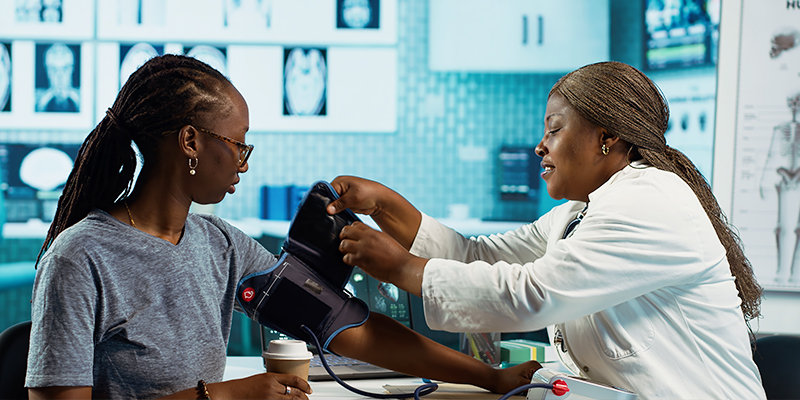'Bones are nature's architectural marvels, designed to withstand the weight of existence and hold us upright.' prioritizing bone health becomes more crucial as we age because as we age, our bones gradually weaken and become more prone to fractures, osteoporosis, and other bone-related disorders. Meanwhile, people can greatly lower their risk of bone-related disorders, by incorporating some small and healthy changes in your life.
How to Maintain Your Bone Health
As we age, maintaining bone health becomes increasingly important. By putting bone health first, we can lower our chance of disabling injuries, keep up our busy lifestyles, and live better overall. By following these simple steps you can ensure your bones are in good shape as you age.
Try Staying Away From Accidents and Injuries
Falls are a significant cause of fractures in older adults. Take measures to prevent falls by ensuring your living environment is safe and free from hazards. Install handrails on stairs, use non-slip mats in bathrooms, and keep rooms well-lit. Regular eye check-ups and balance exercises can also help improve stability and reduce the risk of falls.
Take The Right Diet
A well-balanced diet serves as the cornerstone for maintaining good bone health, with calcium playing a crucial part in fostering strong bones. Make sure to include a variety of calcium-rich foods in your meals, such as dairy items like milk, cheese, and yogurt.
Additionally, leafy green foods like kale and broccoli are great providers of calcium in nature.
However, it is wise to get advice from a certified dietician or orthopedic surgeon who can take into account your unique needs depending on things like age, gender, and dietary restrictions.
Avoid Smoking and Drinking
Tobacco use and excessive alcohol intake are both harmful to bone health. While excessive alcohol consumption hinders the body's ability to absorb calcium and affects bone production, smoking lowers bone density. Ask medical professionals or support groups for help if you smoke to stop. Limit your alcohol intake to moderate levels, which are one drink per day for women and up to two drinks per day for males.
Vitamin D is Important
In order to maintain good bone mineralization and promote appropriate calcium absorption, a sufficient vitamin D intake is essential. While sunlight is a natural source of vitamin D. So spending some time in the open can be good for your bone. However, it becomes crucial to rely on food sources that can meet your Vitamin D needs during the winter or for people with little sun exposure.
Exercising And Weight Training
Strength training and regular exercise are essential for preserving ideal bone health. Exercise, particularly weight-bearing workouts, fosters the growth of stronger, denser bones in us. Exercise not only improves muscle strength and balance but also helps to preserve bone density, lowering the risk of fractures and falls. In particular, weight lifting stresses the bones, which causes them to adapt and grow stronger over time. Exercise and weight lifting can help us maintain bone health, increase general strength, and live active, meaningful lives as we age






 May 25, 2023
May 25, 2023


















